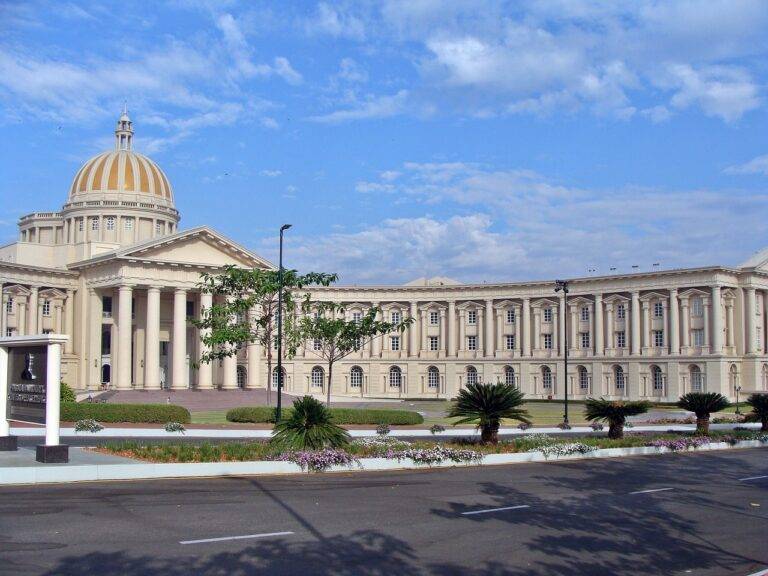Investigating the Influence of Election Fraud Allegations on Public Trust
Election fraud allegations have been a recurring theme throughout history, sparking controversy and undermining public trust in the electoral process. The origins of such claims can be traced back to the early days of democracy, where concerns over fair and free elections have always been a central issue. Various factors, such as power struggles, misinformation, and manipulation, have contributed to the perpetuation of election fraud allegations over time.
Instances of election fraud allegations have been documented across different countries and eras, with each case highlighting the vulnerabilities in the electoral systems. From tampering with ballot boxes to voter intimidation, the methods employed to sway election outcomes have evolved alongside advancements in technology and communication. Despite efforts to strengthen electoral safeguards, the persistence of election fraud allegations reflects the enduring challenge of ensuring the integrity of democratic processes.
The Impact of Social Media on Public Perception
Social media platforms have become influential spaces where information is disseminated rapidly and widely. Through the sharing of news articles, memes, and personal opinions, social media has the power to shape public perception on various issues, including election fraud allegations. The speed at which information can be shared on these platforms means that even unverified or misleading claims can quickly gain traction and influence public opinion without thorough fact-checking.
Furthermore, social media algorithms often prioritize content that aligns with users’ existing beliefs and preferences, creating echo chambers where like-minded individuals reinforce each other’s views. As a result, individuals may be more susceptible to believing and sharing information that supports their existing biases, contributing to the spread of misinformation and further polarizing public opinion on election fraud allegations.
The Role of Political Leaders in Perpetuating Doubt
Political leaders play a significant role in shaping public opinion and influencing the narrative surrounding election fraud allegations. Through public statements, press conferences, and social media posts, these leaders have the power to either fuel doubt or promote confidence in the electoral process. Their words carry weight and can either escalate tensions or calm the situation, depending on the message they choose to convey.
By casting doubt on the integrity of the electoral system, political leaders can sow seeds of distrust among their supporters and the general public. This can have far-reaching consequences, eroding faith in democracy and creating a climate of uncertainty and division. It is crucial for political leaders to handle such sensitive issues with care and responsibility, as their actions can either undermine or strengthen the foundation of democratic institutions.





